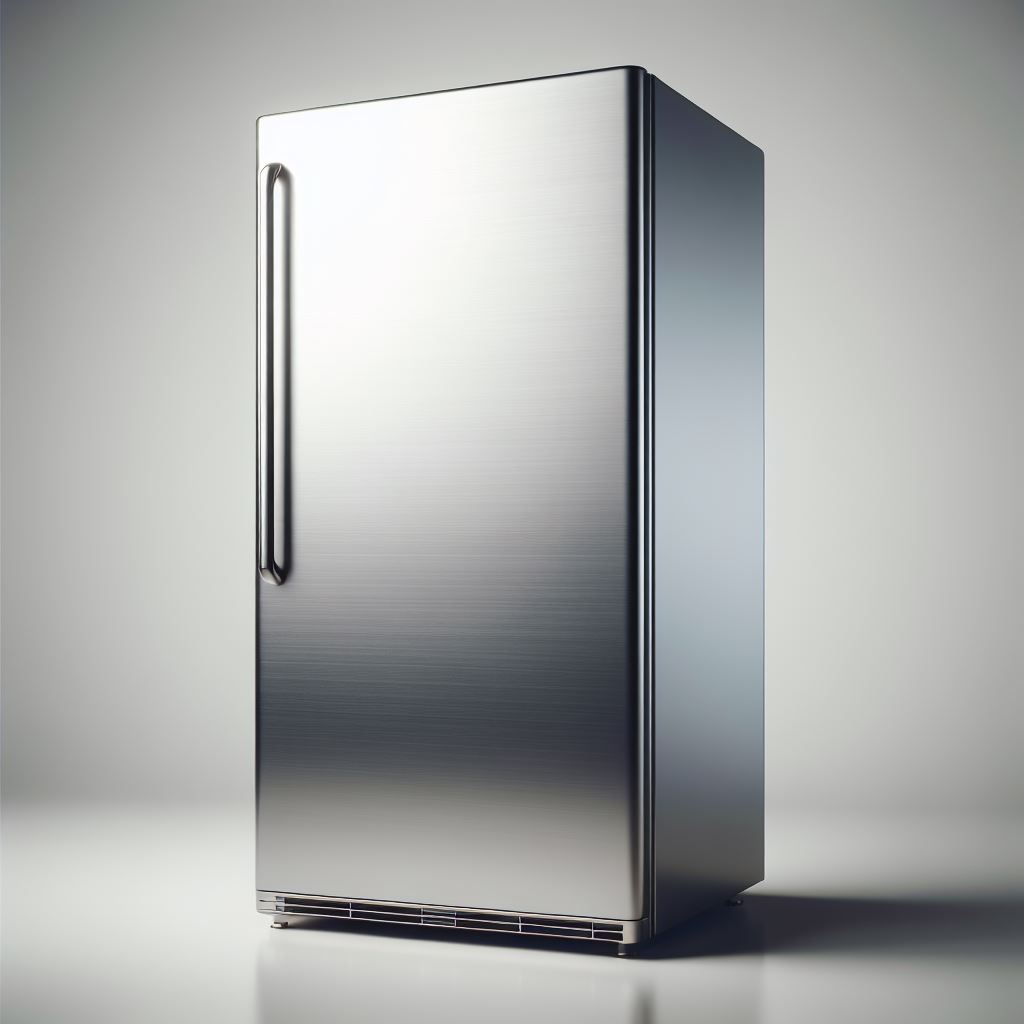Have you noticed your refrigerator isn’t keeping your food as cold as it used to? Or maybe you’re hearing strange noises coming from the back of the fridge? These could be signs that your refrigerator is low on Freon, the refrigerant that helps keep your fridge cool. In this article, we’ll explore the common signs that your refrigerator needs more Freon and what you can do about it. Let’s dive in and keep your food fresh!
Default Ad Code 1
Refrigerators are a crucial part of our daily lives, helping to keep our food fresh and safe to eat. However, like any other appliance, they can sometimes run into problems that need to be addressed. One common issue that can occur with refrigerators is a lack of Freon, which is a refrigerant gas that helps to cool the air inside the appliance.
So how can you tell if your refrigerator is running low on Freon? Here are some signs to watch out for:
1. Warm air: If you notice that the air inside your refrigerator is not as cold as it should be, this could be a clear indicator that the Freon levels are low. Your food may not stay as cold as usual, signaling a potential issue.
2. Frost buildup: On the flip side, if you see excessive frost buildup on the evaporator coils in your refrigerator, it could also point to a Freon leak. When there isn’t enough Freon circulating, the coils can get too cold, leading to excess frost.
3. Strange noises: Unusual sounds like hissing or bubbling coming from your refrigerator could be a red flag for a Freon leak. These noises are a result of the refrigerant gas escaping from the system.
4. High energy bills: If your electricity bills have spiked suddenly and you can’t figure out why, it might be due to your refrigerator working harder because of a lack of Freon. When the refrigerant levels are low, the compressor has to work overtime to keep things cool, resulting in increased energy consumption.
If you notice any of these signs, it’s essential to reach out to a professional appliance repair technician to inspect your refrigerator. They can assess if the problem is indeed a lack of Freon and recommend the necessary fixes.
In summary, being vigilant for these signs can help you determine if your refrigerator needs more Freon. By addressing the issue promptly, you can prevent further damage to your appliance and ensure that your food remains fresh and safe to eat. Remember, a well-maintained refrigerator is key to a functional kitchen and a healthy lifestyle.
Default Ad Code 2
